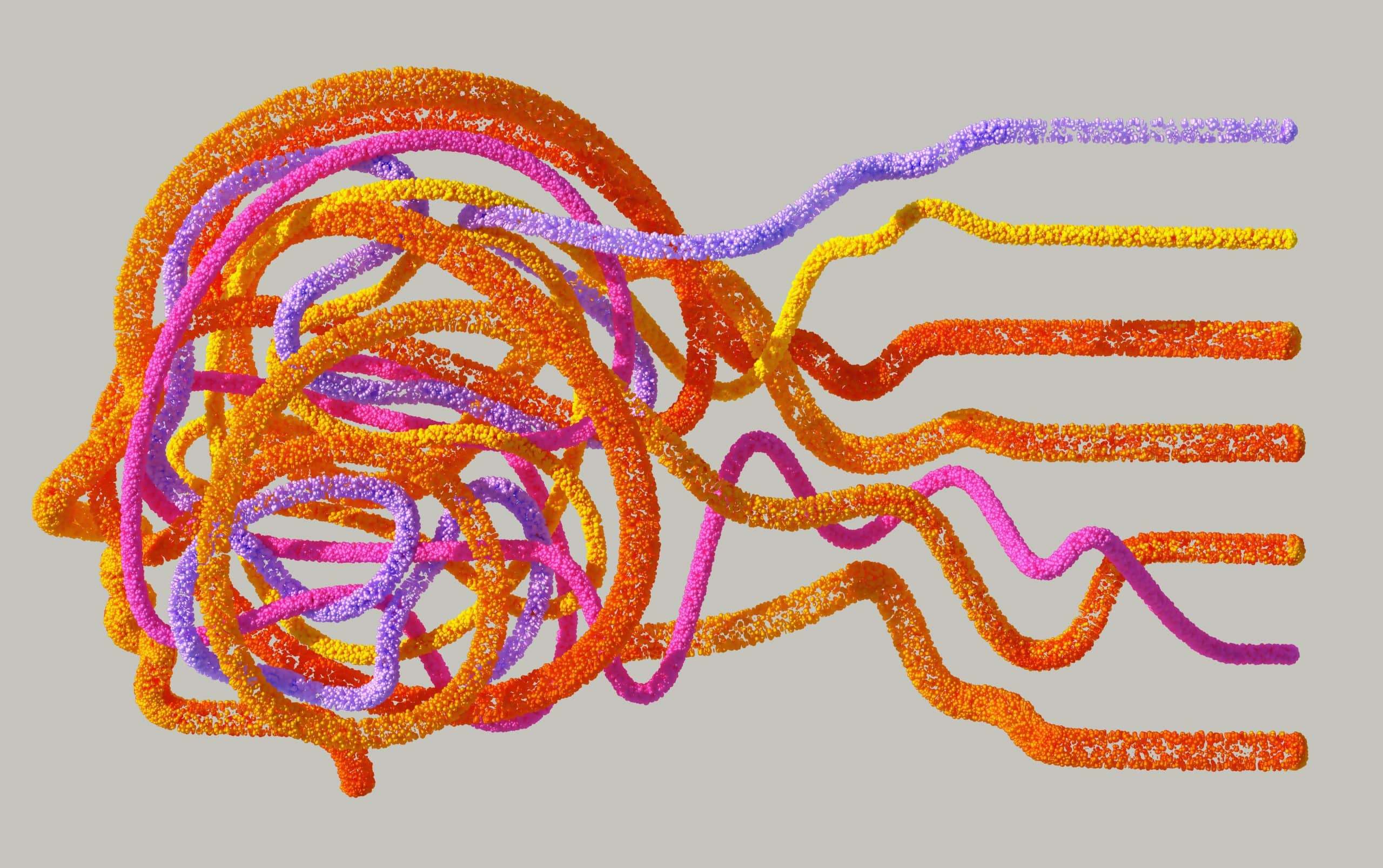Eating disorders impact a person both mentally and physically by altering their relationship with food, weight, and body shape. What’s more? These disorders can lead someone to develop unhealthy eating behaviors, which may affect their well-being and daily life. If left untreated, these disorders may eventually cause long-term health issues, diminishing a person’s quality of life over time.
Background on Eating Disorders
Typically, people with eating disorders have excessive thoughts or feelings about their eating, weight, and body shape. Not only can these disorders lead to someone gaining harmful eating behavior but they can damage the body in a variety of ways. Namely, a person can experience health problems with their teeth, heart, bones, and digestive system. Besides physical health, eating disorders may cause mental health conditions such as suicidal thoughts, depression, anxiety, and self-harming behavior.
Eating disorders prove to be challenging to treat as symptoms vary in people depending on the specific type they have. Mainly, the common types of eating disorders that impact people’s health are bulimia, anorexia, and binge eating. Additionally, these symptoms can be influenced by an individual’s body type and size, further complicating the diagnosis and treatment process.
Bulimia
Bulimia nervosa or bulimia is a serious eating disorder that can turn life-threatening over time. This eating disorder causes someone to engage in episodes of uncontrolled eating habits: bingeing and purging. First, they binge by quickly consuming large quantities of food, which is followed by calorie removal through purging. To increase their urge to binge and purge, an individual may stop eating for periods over time.
During this bingeing episode, an individual may experience a lack of control, where they cannot stop eating even when they desire to do so. Afterward, they’re compelled to adopt purging behaviors such as vomiting and fasting to reduce their feelings of shame, guilt, or fear of weight gain. With that said, this purging can even push someone to manipulate medication such as altering insulin doses to help them lose weight.
Anorexia
https://gty.im/1230911585
Another life-threatening eating disorder is anorexia nervosa, also known as anorexia. A person with this disorder may have a distorted view of their own body shape. Due to their flawed sense of self, this individual may have an unhealthy low body weight and a phobia of gaining weight. Furthermore, their efforts to control their body image may lead to harmful behavior such as severe calorie restrictions, avoiding certain foods, and self-induced vomiting. Moreover, someone may try other harmful weight-loss methods such as excessive exercising and intake of laxatives and diet aids.
Unfortunately, anorexia doesn’t cause severe health problems only for those who refuse to eat or are extremely underweight. Indeed, people who eat throughout the day and maintain good weight suffer symptoms that often go unnoticed. These individuals are constantly driven to lose weight and control their body weight even at the expense of their physical and mental health.
Binge-Eating Disorder
In contrast, someone with binge-eating disorder shares the same eating behaviors as bulimia without any of the purging behaviors that follow. During a binge, a person may consume more food than they intended or rapidly eat a large amount of food, which leads them to become overwhelmed with shame, guilt, or disgust afterward.
Binge-eating disorder can cause someone to develop strict food restrictions out of fear of gaining weight. Due to this negative behavior, this individual becomes trapped in a dangerous binge cycle. Moreover, those who develop bingeing behavior may feel embarrassment, driving them to hide their bingeing by eating alone. Overall, a binge episode usually occurs mostly once a week, making its recognition even more challenging.
Prevention for Adults and Children
Sadly, preventing eating disorders may be harder to accomplish than getting a diagnosis but there are ways to reduce risk. Primarily, adults must adopt healthier eating habits by following a balanced diet, especially one rich in fruits, vegetables, and grains, while limiting sugar, salt, alcohol, processed foods, and unhealthy fats. They also shouldn’t do extreme dieting to avoid the risk of developing an eating disorder. However, in certain cases of necessary weight loss, they should consult a healthcare professional to tailor a diet plan around their needs.
To help children develop healthy eating behaviors, they must gain a positive mindset around their body image early. Therefore, one shouldn’t diet in front of children as it may influence their relationship with food negatively. Instead, try sharing meals so they can learn about the dangers of dieting while having their meals monitored and balanced with various foods. Since most websites and social media platforms promote body image ideas that may be harmful to children, adults should provide open communication to correct any misconceptions they encounter.
Final Thoughts
Improving someone’s body image begins by promoting beauty within all body types regardless of shape, size, weight, or appearance. By challenging society’s ideas around beauty, a person learns to accept their body, gaining a healthier self-image. To achieve this understanding, they should focus on the positive qualities, talents, and skills that they love about themselves.
Avoiding negative self-talk and practicing positive affirmations daily can boost one’s self-esteem. Likewise, an individual can gain self-acceptance by staying away from making comparisons with other people. Lastly, they should curate their social media promoting a more supportive environment by unfollowing or blocking people or posts highlighting negative body image thoughts and opinions.
Disclaimer: This article is intended simply to provide information. It does not replace the medical advice of a physician or other medical professional. Please speak with your doctor or therapist if you have any questions or concerns.









